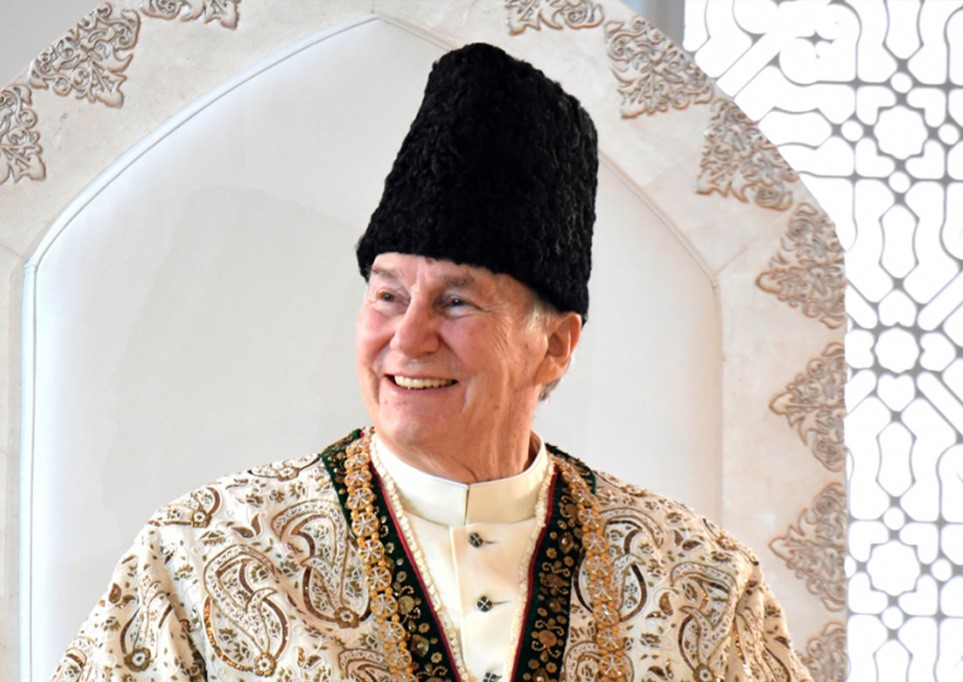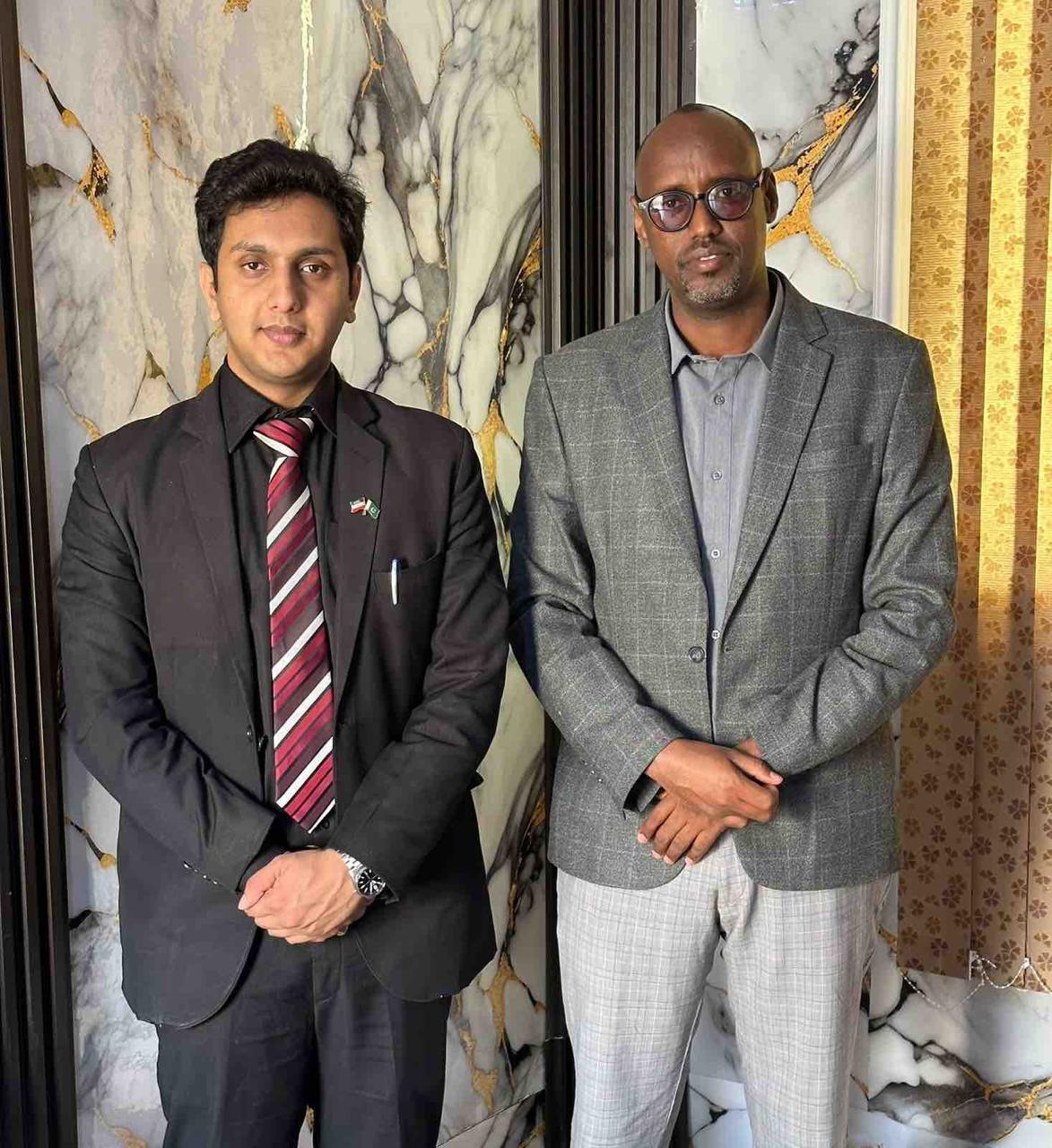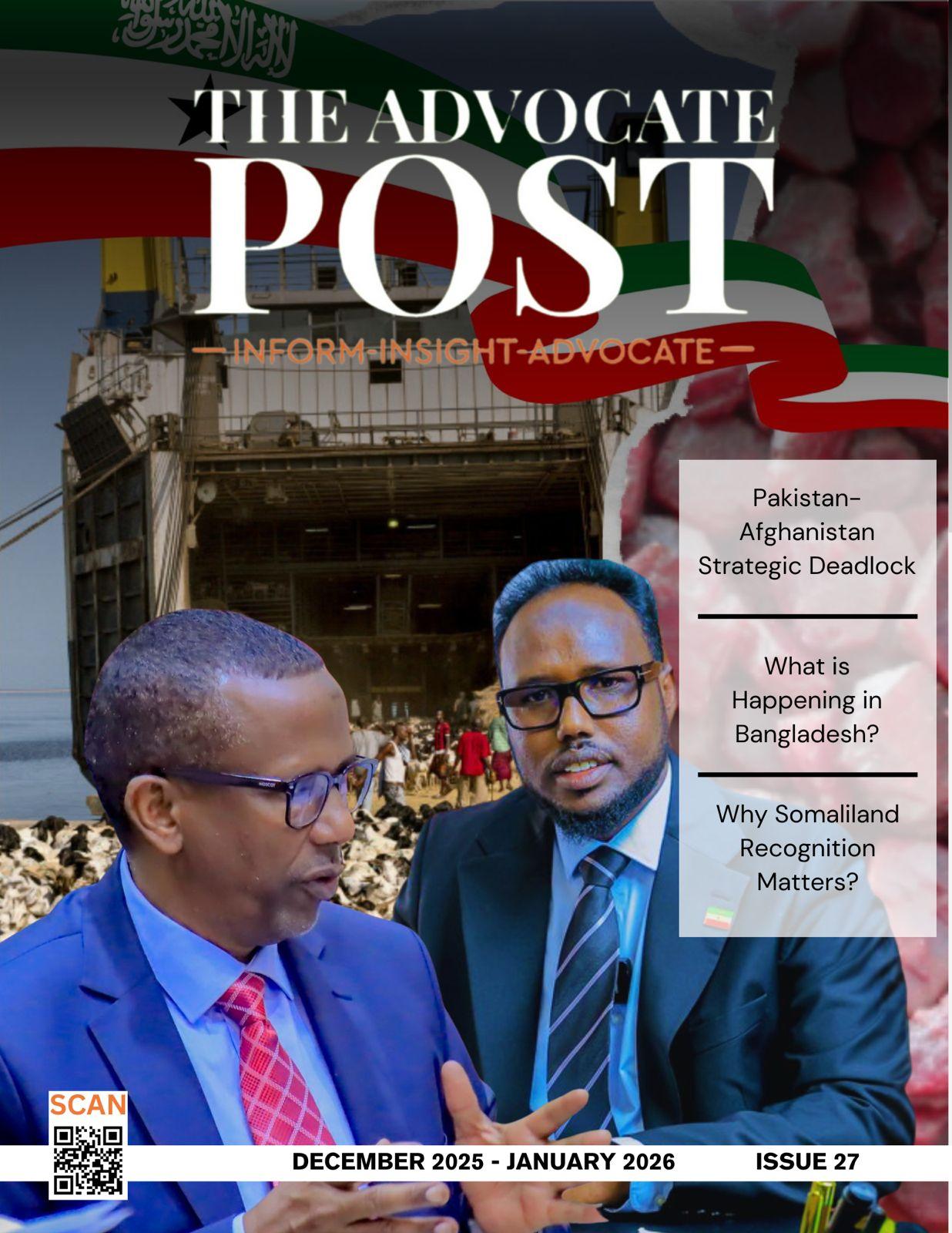Lisbon, Portugal: The Aga Khan IV, the spiritual leader of the Ismaili Shia Muslim community, passed away in Lisbon at the age of 88. Known for his extensive humanitarian and development efforts, he was a key figure in advancing healthcare, education, and rural economic development across the globe through the Aga Khan Development Network (AKDN).
A successor to the Aga Khan, who was also known as Karim al-Husseini, will be named soon, as per Ismaili tradition, with the choice coming from his male progeny. The Aga Khan’s death marks the end of an era for the Ismaili Muslim community, which considers him a direct descendant of the Prophet Muhammad (PBUH).
Born on December 13, 1936, in Geneva, Switzerland, the Aga Khan’s early years were spent in Nairobi, Kenya. He later attended the prestigious Le Rosey school in Switzerland and went on to study Islamic history at Harvard University. At the age of 20, following the death of his grandfather, Sir Sultan Mahomed Shah Aga Khan, he succeeded him as the Imam of the Ismaili Muslims in 1957.
Under his leadership, the Aga Khan Development Network expanded its operations in over 30 countries, addressing key issues such as healthcare, education, and poverty. The AKDN employs nearly 96,000 people and operates with an annual budget of around $1 billion. Its work is particularly impactful in the poorest regions of Africa and Asia, where it helps build schools, hospitals, and other vital infrastructure.
Despite his immense wealth, which included private jets, superyachts, and a private island in the Bahamas, the Aga Khan remained focused on his philanthropic mission, which earned him respect as a bridge-builder between Muslim societies and the Western world. His contributions to Islamic culture and values were widely recognized, and he was deeply committed to promoting peace and tolerance.
The Aga Khan is survived by his three sons, a daughter, and several grandchildren. His legacy will be remembered not only for his spiritual leadership but also for his dedication to improving the lives of millions through his development work.





